To provide the best experiences, we use technologies like cookies to store and/or access device information. Consenting to these technologies will allow us to process data such as browsing behaviour or unique IDs on this site. Not consenting or withdrawing consent, may adversely affect certain features and functions.
The technical storage or access is strictly necessary for the legitimate purpose of enabling the use of a specific service explicitly requested by the subscriber or user, or for the sole purpose of carrying out the transmission of a communication over an electronic communications network.
The technical storage or access is necessary for the legitimate purpose of storing preferences that are not requested by the subscriber or user.
The technical storage or access that is used exclusively for statistical purposes.
The technical storage or access that is used exclusively for anonymous statistical purposes. Without a subpoena, voluntary compliance on the part of your Internet Service Provider, or additional records from a third party, information stored or retrieved for this purpose alone cannot usually be used to identify you.
The technical storage or access is required to create user profiles to send advertising, or to track the user on a website or across several websites for similar marketing purposes.
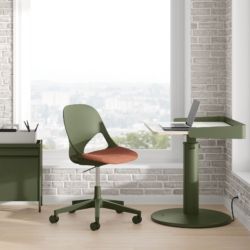 Introducing the OE1 Sit-Stand Table and other essential pieces for agile workspaces. The OE1 Workspace Collection from Herman Miller, designed by Sam Hecht and Kim Colin of London-based Industrial Facility is being updated to include new productivity-enhancing solutions. (more…)
Introducing the OE1 Sit-Stand Table and other essential pieces for agile workspaces. The OE1 Workspace Collection from Herman Miller, designed by Sam Hecht and Kim Colin of London-based Industrial Facility is being updated to include new productivity-enhancing solutions. (more…)






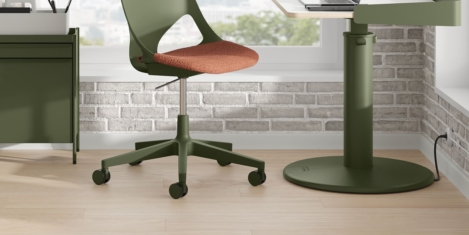





 Nobody seems to be calling it The Great Resignation any more, but two-fifths (40 percent) of the UK workforce are planning to move jobs in 2024, with one in six already beginning their search as staff look to boost their pay packet, according to the latest Candidate Sentiment Survey statistics produced by recruitment firm Robert Half. The survey’s authors claim these statistics demonstrate the resilience of the labour market as more candidates look to capitalise on skills shortages to boost earnings. Those aged 18-34 are more likely to move roles than any other age group (56 percent).
Nobody seems to be calling it The Great Resignation any more, but two-fifths (40 percent) of the UK workforce are planning to move jobs in 2024, with one in six already beginning their search as staff look to boost their pay packet, according to the latest Candidate Sentiment Survey statistics produced by recruitment firm Robert Half. The survey’s authors claim these statistics demonstrate the resilience of the labour market as more candidates look to capitalise on skills shortages to boost earnings. Those aged 18-34 are more likely to move roles than any other age group (56 percent). 




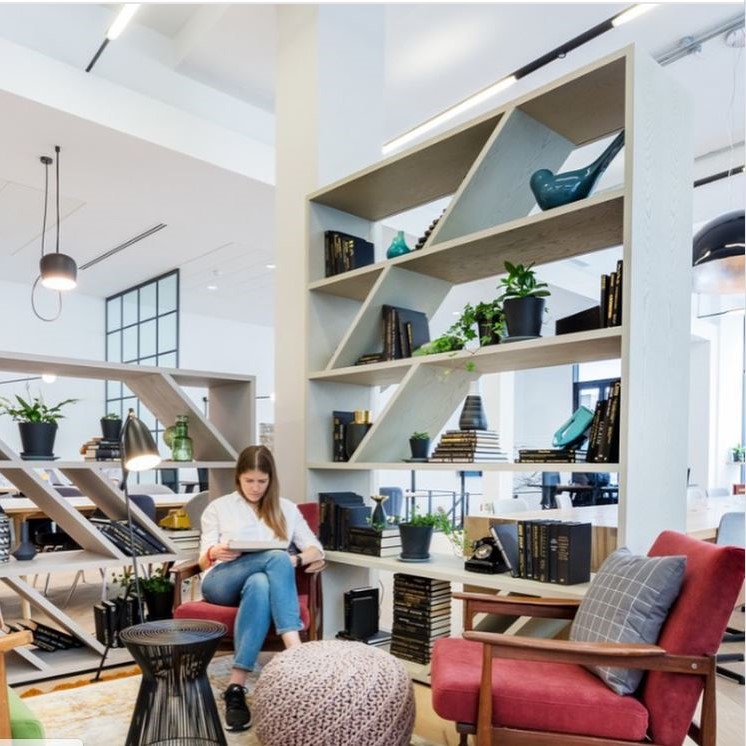

 While millions of words have been dedicated to the expected changes in post-Covid workstyles – how will people work, where will they work, how will they be supported – very little has been said about their employers: companies and corporations. Yet the anticipated changes to work and the workplace raise questions about the role of the company. Is it one just half of a transaction between employer and employee? Or is it something more? Indeed, what is the role of the company in the modern economy? Is the nature of the company likely to change? The answers could have a greater impact on workstyles than the pandemic.
While millions of words have been dedicated to the expected changes in post-Covid workstyles – how will people work, where will they work, how will they be supported – very little has been said about their employers: companies and corporations. Yet the anticipated changes to work and the workplace raise questions about the role of the company. Is it one just half of a transaction between employer and employee? Or is it something more? Indeed, what is the role of the company in the modern economy? Is the nature of the company likely to change? The answers could have a greater impact on workstyles than the pandemic. 



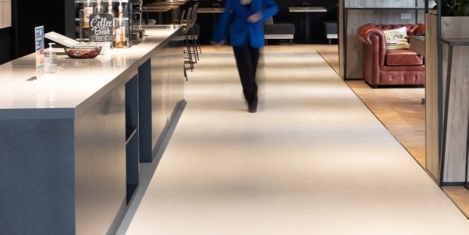
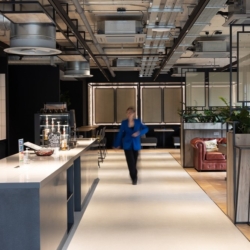









December 8, 2023
Inclusive office design is essential if we want offices to be worth the commute
by Guzman de Yarza Blache • Comment, Workplace design